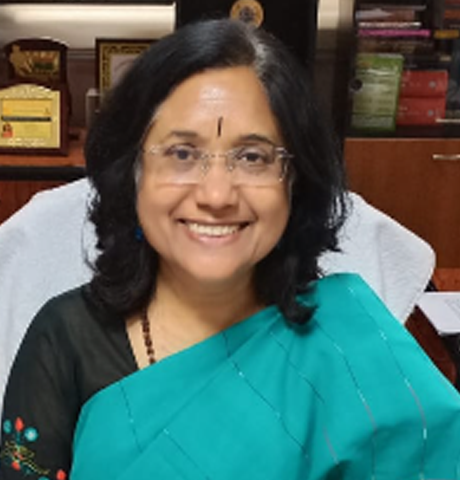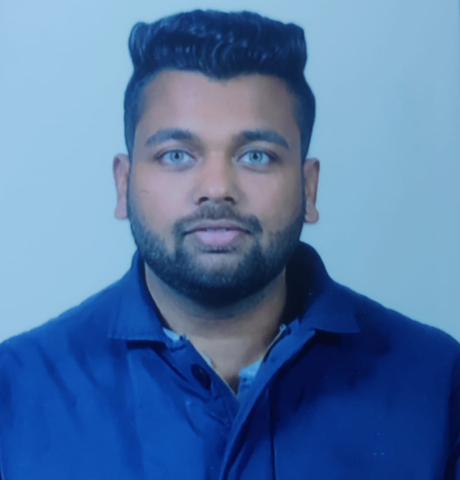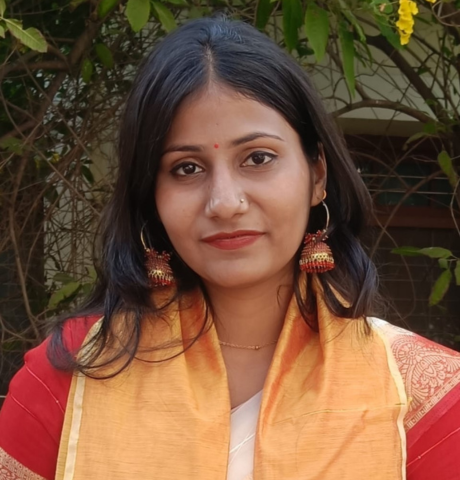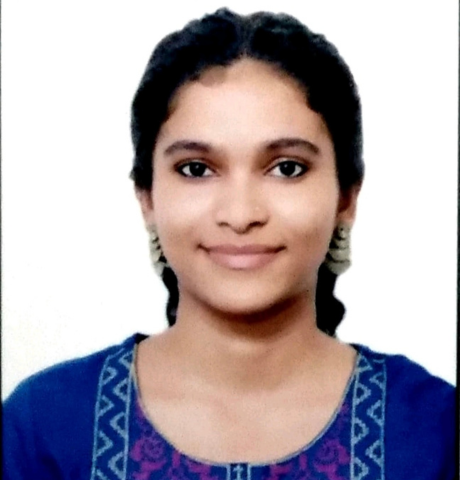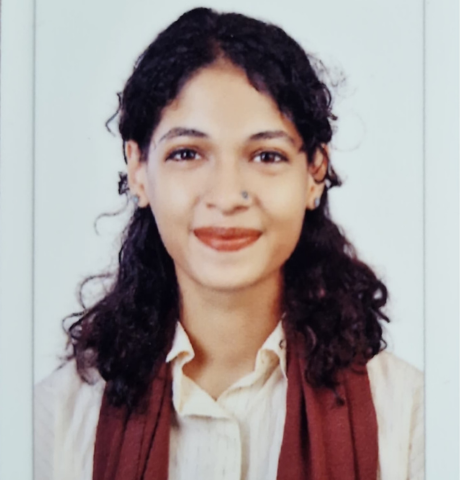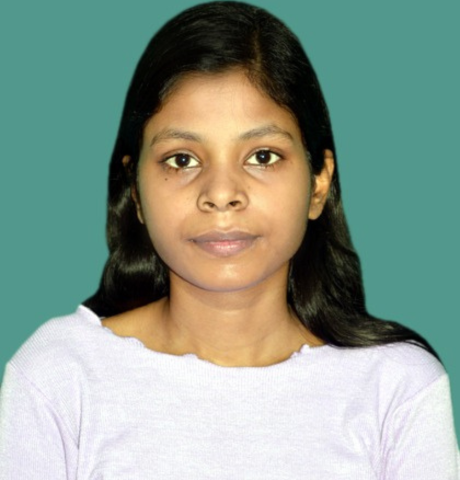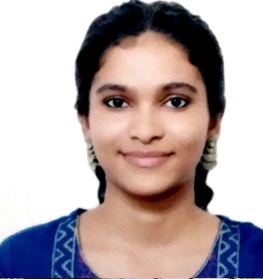- shdrfoundation@gmail.com
- Delhi
The Centre for Polity and Public Policy (CPPP) serves as a hub for critical analysis and dialogue on the intersections of governance, law, and public policy. CPPP is committed to advancing research that informs and shapes public policy decisions at local, national, and international levels. The center’s activities include policy research, publications, seminars, and advisory services, aimed at enhancing the quality of governance and ensuring that policies are both effective and equitable. CPPP engages with policymakers, academics, and civil society to drive meaningful change in areas such as governance, social justice, and sustainable development.
Winter Internship Projects: (2024-25)
Project Title: India’s Labor Laws and Prospects for the People at the Margin: An Analytical Perspective
Principal Investigator: Dr. Govind Mawari
Interns: Saloni Arora (Law)
About the Study: This research critically examines India’s labor laws, emphasizing the need for modernization to align with global standards and address contemporary workplace challenges. While India has made strides in labor reforms, issues like workplace discrimination, harassment, lack of employee protection, and inadequate grievance mechanisms persist. The study draws attention to the Koshi Act from Japan, a robust framework that safeguards employees' mental and physical well-being in workplaces through preventive measures, mandatory counseling, and accountability for employers.
Incorporating elements of the Koshi Act into Indian labor laws could address pressing concerns such as mental health awareness, workplace safety, and protection against exploitation. This integration has the potential to create a more inclusive and equitable labor environment. By comparing national and international practices, such as Japan’s employee-first approach and the EU’s stringent labor protections, the research underscores the importance of evolving India’s labor policies to enhance global competitiveness and foster ethical workplace standards.
Project Title: Environmental Challenges and Policy Directions in India: Insights from Delhi and Chandigarh
Principal Investigator : Dr. Govind Mawari
Interns: Aditi Kumar, Tamanna Thakur, Urvi Goel (Economics department, Chitkara University, Chandigarh). Sanchari (MA at Bhatinda in Geography)
About the Study: This study explores the pressing environmental challenges faced by Delhi and Chandigarh, two urban centers with contrasting socio-economic and ecological dynamics. Issues such as air pollution, stemming from vehicular emissions and industrial activity, have led to deteriorating air quality in both cities, impacting public health and contributing to respiratory diseases. Water scarcity and contamination, aggravated by untreated industrial waste, have further strained resources, threatening hygiene and public health.
Noise pollution from traffic and urban activities has become a growing concern, while inadequate waste management exacerbates hygiene challenges. The study also examines the effects of environmental degradation on agriculture, highlighting the impact of polluted water sources and soil contamination on crop yields.
By adopting a comparative approach, the research evaluates policy measures implemented in both cities, identifying gaps and best practices. It seeks to provide actionable insights to design sustainable, adaptive policies addressing urban environmental challenges in India.
Project Title: Health Governance in India: Challenges and Opportunities
Principal Investigators :
Interns: Swasti Ohol (TISS, Mumbai)
About the Study: This project examines the critical gaps and opportunities in India’s health governance framework, addressing systemic issues that hinder equitable access to quality healthcare. India's healthcare system, though growing rapidly, faces challenges such as unregulated medical practices, exorbitant treatment costs, and unnecessary diagnostic tests. Reports indicate that out-of-pocket health expenditures in India account for approximately 62% of total health spending, significantly higher than the global average of 18% (World Bank, 2021). Hospital overcrowding, bureaucratic formalities, and a lack of clear reimbursement policies exacerbate patient dissatisfaction and inequities.
Moreover, health insurance penetration remains limited, with significant exclusions such as chronic diseases and mental health conditions. Traditional systems like Ayurveda and naturopathy are not covered under CGHS, despite their growing global recognition. Additionally, there is no centralized mechanism to ensure hygiene and health standards in urban centers like Delhi, where air pollution and inadequate sanitation contribute to public health crises.
By analyzing global best practices, such as the universal healthcare models of Scandinavian countries, which allocate 10-12% of GDP to healthcare compared to India’s 2.1% (National Health Accounts, 2020), this research identifies actionable strategies. Examples include comprehensive insurance coverage, transparent pricing regulations, and efficient resource allocation to improve access and accountability. The study aims to provide evidence-based recommendations to reform India’s healthcare governance, ensuring inclusivity and efficiency for all citizens.
Project Title: Taxi Union, Tourism and Economic Affairs in Goa
Principal Investigators: Dezy Kumari and Neha Singh
Interns: Astha Sharma (Goa Institute of Management)
About the Study: This project explores the interplay between taxi unions, tourism, and economic dynamics in Goa, highlighting significant challenges impacting tourists, the local economy, and government revenues. Goa, a globally renowned tourist destination, has faced issues stemming from the monopoly and unregulated practices of taxi unions. Tourists frequently report exorbitant fares, lack of fare regulation, and instances of rude or unprofessional behavior by drivers, leading to dissatisfaction. High-profile cases, such as disputes over app-based ride-hailing services, underscore the resistance of unions to modernization and competition, further impacting accessibility.
The tourism sector, which contributes nearly 16.43% to Goa’s GDP (Economic Survey of Goa, 2021-22), suffers due to these practices, harming the state’s image as a tourist-friendly destination. Additionally, the lack of transparency and competition limits government tax revenues. The study aims to examine these issues and propose solutions, including regulatory reforms and improved transportation infrastructure, to foster sustainable tourism and economic growth.
Project Title: Challenges Faced by Women in Cyberspace: A Study of Delhi and NCR
Principal Investigator: Dr. Sanjeev Kumar
Intern: Arisha T. S.
About the Study: This research examines the challenges women face in cyberspace, focusing on the Delhi and NCR regions. It explores the frequency, causes, and responses to cybercrimes against women, analyzing the roles of state and non-state actors, including police, judicial personnel, NGOs, and society at large. The study investigates women's awareness of cyber threats, legal protections, and the obstacles to reporting and seeking justice. It also evaluates the legal, administrative, and judicial mechanisms addressing cybercrimes and identifies gaps in current policies.
Grounded in gender studies and political science, the research shifts the discourse on violence against women from physical to virtual spaces, employing a mixed-method approach. Data was collected from 33 districts in Delhi and NCR using random and snowball sampling. By engaging various stakeholders, the study provides actionable insights to strengthen preventive measures, enhance legal awareness, and ensure justice and rehabilitation for women impacted by cybercrimes. This work has been completed and under publication.

